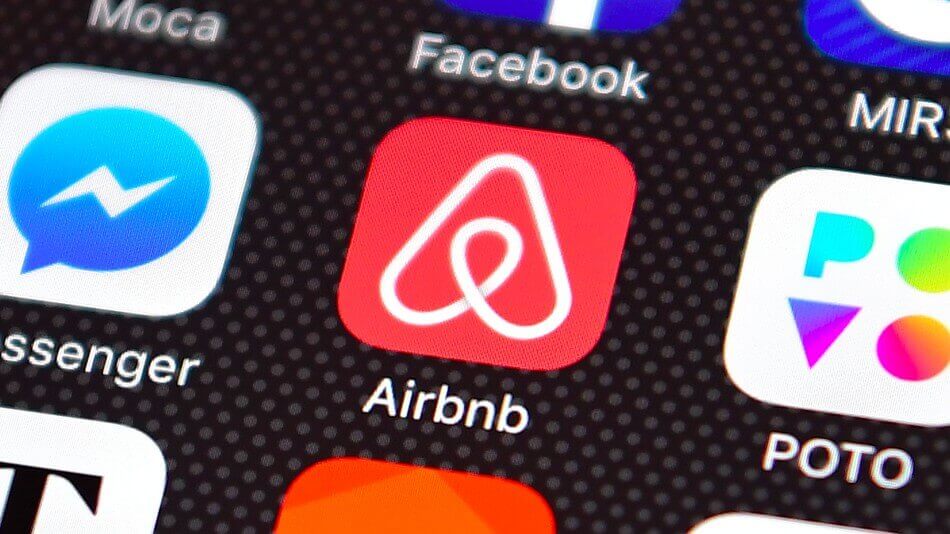
Airbnb has grown exponentially since its founding in 2008 and is expected to soon go public in an initial public offering that would rank it among the world’s most valuable hotel companies.
In fact, U.S. consumers spent more money on Airbnb last year than they did on Hilton and its subsidiaries, the second-biggest hotel chain in the world, which was founded a century ago.
As an expert in hospitality management, I was curious to know precisely how all this growth has affected the hotel industry – and just how scared hotels should be.
Exponential growth
Research I recently conducted with colleagues Makarand Mody and Courtney C. Suess studied Airbnb’s impact on hotels’ performance in 10 major U.S. cities to determine how the fast-growing company has influenced three key metrics: room prices, hotel revenues and occupancy rates. Our research included data from 2008 to 2017 in Boston, Chicago, Denver, Houston, Los Angeles, Miami, Nashville, New York, San Francisco and Seattle.
In those cities, the number of properties on Airbnb – from room shares to entire houses – surged from just 51 in its first year of operation to more to 50,000 five years later and to over half a million in 2017.
Some of this growth can be attributed to consumers’ increasing demand for authentic lodging experiences – in people’s real homes – at affordable prices.
But another important factor is the lack of regulation Airbnb faced during its first decades, which gave it more flexibility and made it easier to add new properties to its inventory.
While this is now changing as cities clamp down, this provided Airbnb with a significant competitive advantage against the hotel industry. Indeed, the typical regulatory framework in cities across America means it can take several years to add a new hotel to the market and requires permits, adherence to safety codes and more tax collection.




